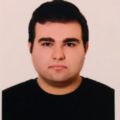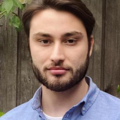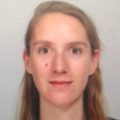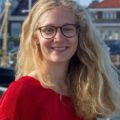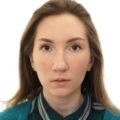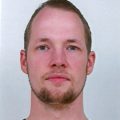Molecular simulations of nanoparticles and heterogeneous catalytic surfaces in a solution
Joint Doctorate
1st supervisor and 1st promotor: Prof. Marjolein Dijkstra (UU)
2nd promotor: Prof. Alfons van Blaaderen (UU)
2nd supervisor: Prof. Rob Lammertink (UT)/Prof. Detlef Lohse (UT)
Affiliation: Utrecht University and University of Twente
Research theme: Smart Biomass Conversion
To control the self-assembly of colloidal nanoparticles for heterogeneous catalyst systems, it is important to obtain a better understanding of the surface and shape morphology of nanoparticles and their effective interactions in 3D and in solution. We will use molecular simulations to determine the effective interactions of silica and metal(-oxide) nanoparticles capped with ligands, e.g., oleic acids or dendrimers, in various solvents. The interactions obtained from simulations will be compared with the nanoparticle potential measurements by the experimental group of Alfons van Blaaderen by measuring the 3D radial distribution function of “frozen-in” nanoparticle suspensions.
In addition, we will use molecular simulations and numerical calculations to study the local enhanced stirring due to electro/diffusion-osmotic flows in the vicinity of a structured catalytic and non-catalytic surface, which can be used to enhance the catalytic turn-over as compared to a fully coated catalyst surface. We will compare our results with those of a twin project of the experimental group of Rob Lammertink (UT), and the numerical calculations carried out by the group of Detlef Lohse (UT) and Hans Kuipers (TU/e). Finally, we will also study the enhanced diffusion in a 3D heterogeneously structured environment of a binary crystal of catalytic and non-catalytic particles, which is relevant for the experiments carried out in the group of Alfons van Blaaderen (UU).
Keywords:
- Self-assembly
- Molecular Simulations
- Nanoparticles
- Interaction Potentials
- Enhanced Convection


